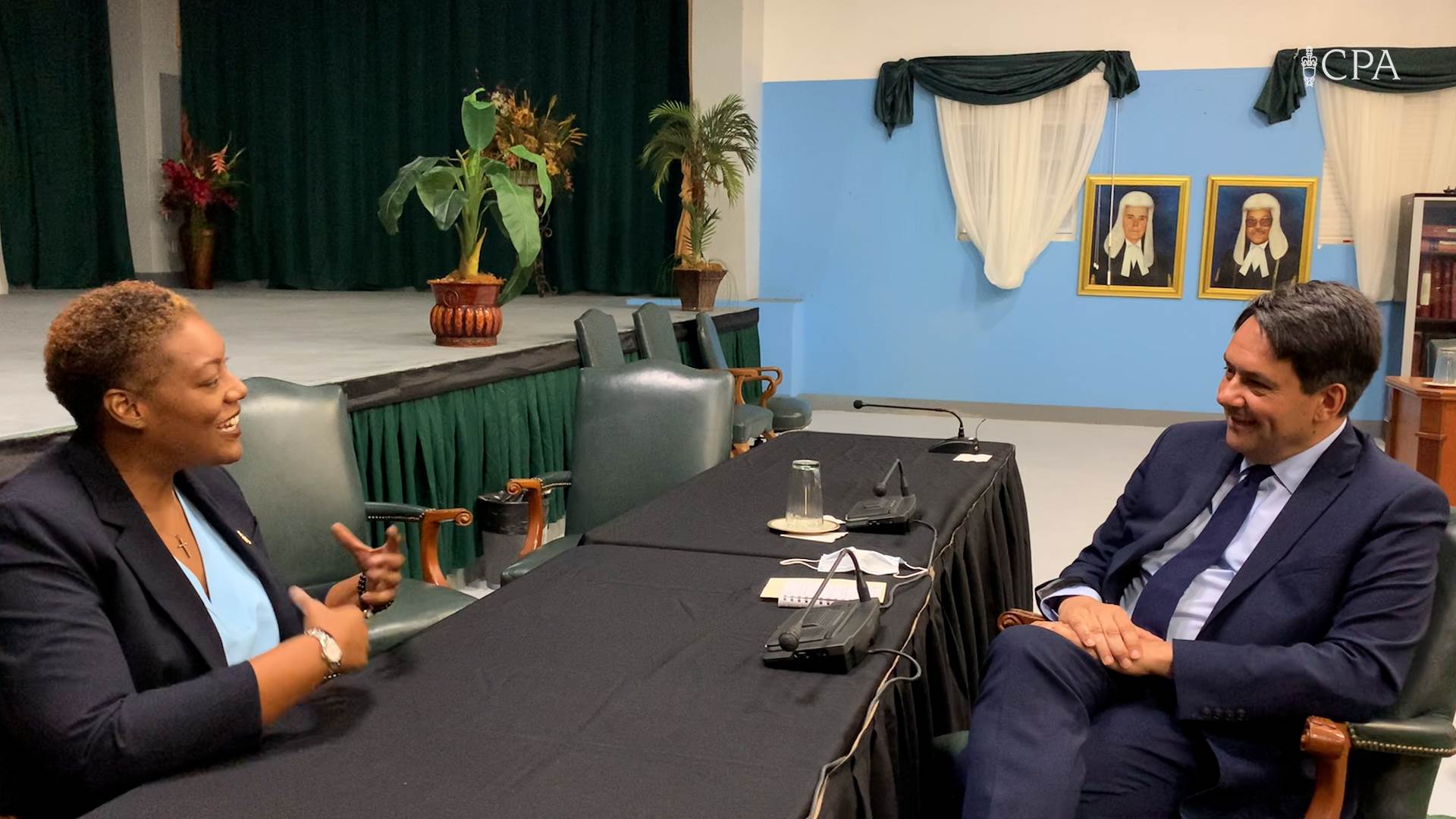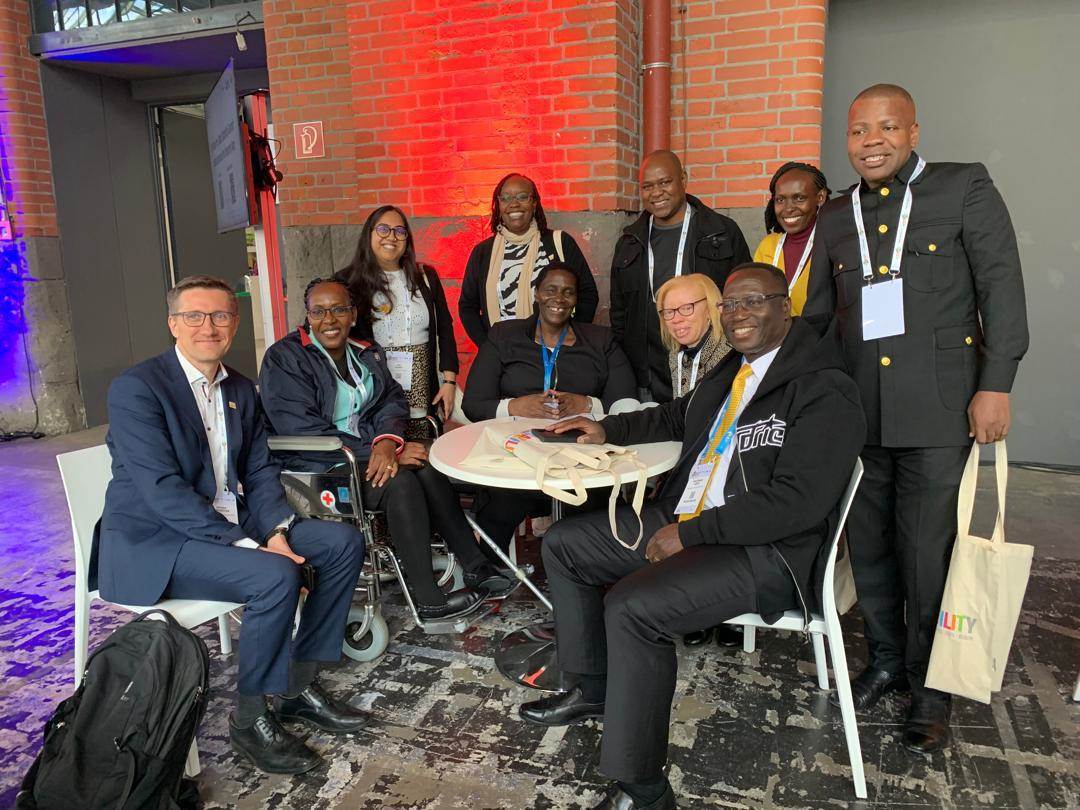
Democracy Looks Different: Campaigning
This blog is part of the CPA’s blog series, ‘Democracy Looks Different: How the pandemic changed Commonwealth democracies.’ The series was published to mark International Day of Democracy 2021. You can find all the articles in the series here.
Our previous blog post in the ‘Democracy Looks Different’ series explored how emergency lockdown measures and fears about public safety forced elections across the Commonwealth to be delayed. Postponement, though, was not the universal choice of governments and electoral commissions during the pandemic. Many countries and jurisdictions chose to implement a range of safety measures that could allow an election to be held, even in situations where strict social distancing restrictions remained in place.
Between 21 February 2020 and 21 August 2021, 132 countries and territories have decided to hold national or subnational elections despite COVID-19 concerns. The majority of these elections were held without having been initially postponed. In the last two months, with the Delta variant bringing a new wave of cases to most regions of the world, Zambia, Nova Scotia and Saint Lucia have all afforded their citizens the right to vote in spite of the ongoing global emergency.
Electoral commissions have trialled a variety of measures to curb the spread of the virus on polling day and protect vulnerable citizens. In Ghana, a ‘no mask, no vote’ policy was in place, requiring the use of a face covering to enter the polling station. In Singapore, over-65s were allowed to join priority queues to reduce their close contact time with other voters. In Canada, where the public are due to go the polls on 20 September 2021, the Electoral Commission has declared that, despite rising COVID-19 cases, it is ‘ready to deliver a safe and secure election.’ Measures put in place to ‘maintain the safety and integrity of the electoral process’ include physical distancing at polling places, the provision of masks to electoral and increased vote-by-mail capacity.
On International Day of Democracy, the CPA is taking a closer look at how one of the smallest jurisdictions in the Commonwealth, Turks and Caicos Islands, safely held an election in February 2021. This article features an interview with a Member of Parliament who stood for election, in conversation with the CPA Secretary-General during a recent visit to Turks and Caicos Islands. It then provides background information on the COVID-19 situation on the Islands at the time of the election and more details on the subsequent changes required to both campaign and vote safely.
Case Study: 2021 Turks and Caicos Islands General Election
Video Interview | Election campaigning during a pandemic: positives, negatives and lessons
During a recent visit to the Turks and Caicos Islands, the CPA Secretary-General Stephen Twigg spoke to Hon. Akierra Missick, Minister for Physical Planning and Infrastructure Development, about her recent experience of election campaigning during the pandemic.
About the 2021 Turks and Caicos Election
The Turks and Caicos Islands, a British Overseas Territory, held a general election on 19 February 2021. Unfortunately, the election came at a time when COVID-19 cases were rising – the five weeks between 18 January and 21 February 2021 saw the highest number of cases on the Islands since the pandemic began. As a result, the Turks and Caicos government introduced a curfew and a complete ban on private, public and social gatherings.
Candidates were granted some exemptions to continue their campaigns, but still had to transition to virtual rallies and conduct their campaigns mostly via social media. The increased use of social media reportedly ‘resulted in more direct appeals that may have been more effective and efficient at reaching more voters.’ A CPA UK virtual Election Expert Mission reported that ‘the freedoms of assembly, association and expression were respected’, with all parties understanding the necessity of social distancing restrictions.
A clause was included in the Elections (Amendment) Ordinance 2020 to allow priority voting access for those in isolation to permit them to vote without queuing or at specified times of day. Priority access was also established for other specified groups. On polling day, this meant that there were advisory guidelines in place establishing suggested slots for different categories of voters:
- An early morning slot was designated for the vulnerable and other priority voters
- The main part of the day was for mainstream voters
- A three-hour evening period was allocated for those who were in quarantine or isolation
The additional measures put in place by the Supervisor of Elections, and the adaptations made to campaigning strategies, allowed the Islands to conduct the election safely. In the days and weeks after polling day, the number of new COVID-19 cases declined, indicating that people visiting polling stations had no negative impact on the spread of the virus.
To find out more details on how the pandemic impacted all parts of the electoral process during the 2021 Turks and Caicos General Election, read the report of the virtual Election Expert Mission published by CPA UK in April 2021.
This International Day of Democracy blog series reviews how Commonwealth democracies have changed the way they operate in the last year, examining the lessons learned and forming a picture of what post-pandemic democracies might look like. Read the rest of the series now.



